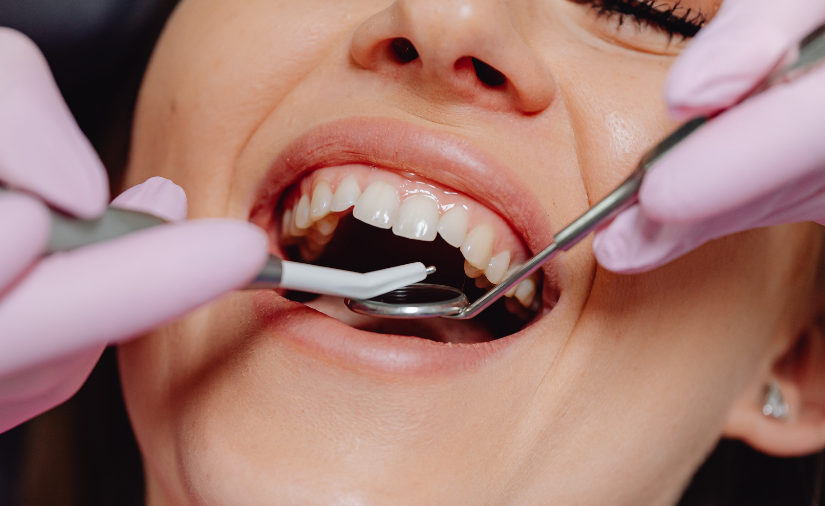By: Dr. Elizabeth Eggert
We’ve discussed the relationship between obstructed breathing and dental/oral health in other posts, such as The Link Between Airway and Dental Issues; The Effects of Airway Issues in Children; and What is the Seattle Protocol and How Does it Help Pinpoint Airway Obstructions?
Today, we’ll revisit the topic with particular focus on the tonsils and adenoids.
Airway issues, respiratory obstructions, and mouth-breathing can result in enlarged tonsils and adenoids, which can present their own set of health challenges.
What Are Tonsils and Adenoids?
Both tonsils and adenoids are lymphatic tissues, and are part of the body’s immune system.
You can sometimes see your tonsils: they are the two fleshy lumps visible at the back of the throat. They vary in size among different people. These glands occur in pairs, one on each side of the back of the throat at the junction of where the nasal passage meets the throat. Their job is to trap germs, including bacteria and viruses. They also produce antibodies which help destroy germs, preventing throat and lung infections. They usually reach full size by age 4.
Your adenoids are hidden from view. They hang from the upper part of the nasal cavity and can be examined by a medical professional aided with a mirror and light or a small flexible scope. Adenoids are made of similar tissue as tonsils, and they also trap bacteria and viruses and produce antibodies. The adenoids also reach full size by age 4, and tend to shrink after early childhood. In teenagers and adults, they can be nearly undetectable.
Both glands play an important role in infant and early childhood immunity, but become less critical as children grow and their bodies develop other successful tools to fight germs.
Mouth Breathing and Tonsils
Obstructed breathing and airways often cause people to breathe through the mouth instead of the nose. While this may seem like a minor issue, mouth breathing actually has a host of negative consequences on both dental and overall health.
In terms of the tonsils, mouth-breathing increases the turbulence of breath going directly into the throat. This dries out the tonsils, causing post-nasal mucus drip and exacerbating allergic reactions. It can cause chronic inflammation of the tonsils, which enlarges the glands and interferes further with breathing because of the obstruction they cause in the throat.
In other words, enlarged tonsils are both a symptom and a cause of airway obstruction. They both indicate and contribute to impaired breathing while sleeping, which can cause a host of unwelcome symptoms. From a dental perspective, these issues include cavities, teeth grinding, malocclusion, periodontal disease, TMJ problems and more. Other health issues that can result include headaches, snoring, obesity, ADHD, asthma, sleep apnea, and more.
Thorough Dental Exams at Eggert Family Dentistry
Here at Eggert Family Dentistry, Dr. Elizabeth and Dr. Jeff conduct thorough exams that include looking at your soft tissues like your tonsils. We recognize the critical role of respiration in your overall health and your dental health. If you think you or your child may have airway issues, or if you or your child has chronic issues with tonsils or adenoids, please share that information with Dr. Elizabeth and Dr. Jeff so we can help identify the problem and come up with a solution to support improved health, immunity and vitality for you or your child. Just contact us or schedule an appointment at 651.482.8412 today!

